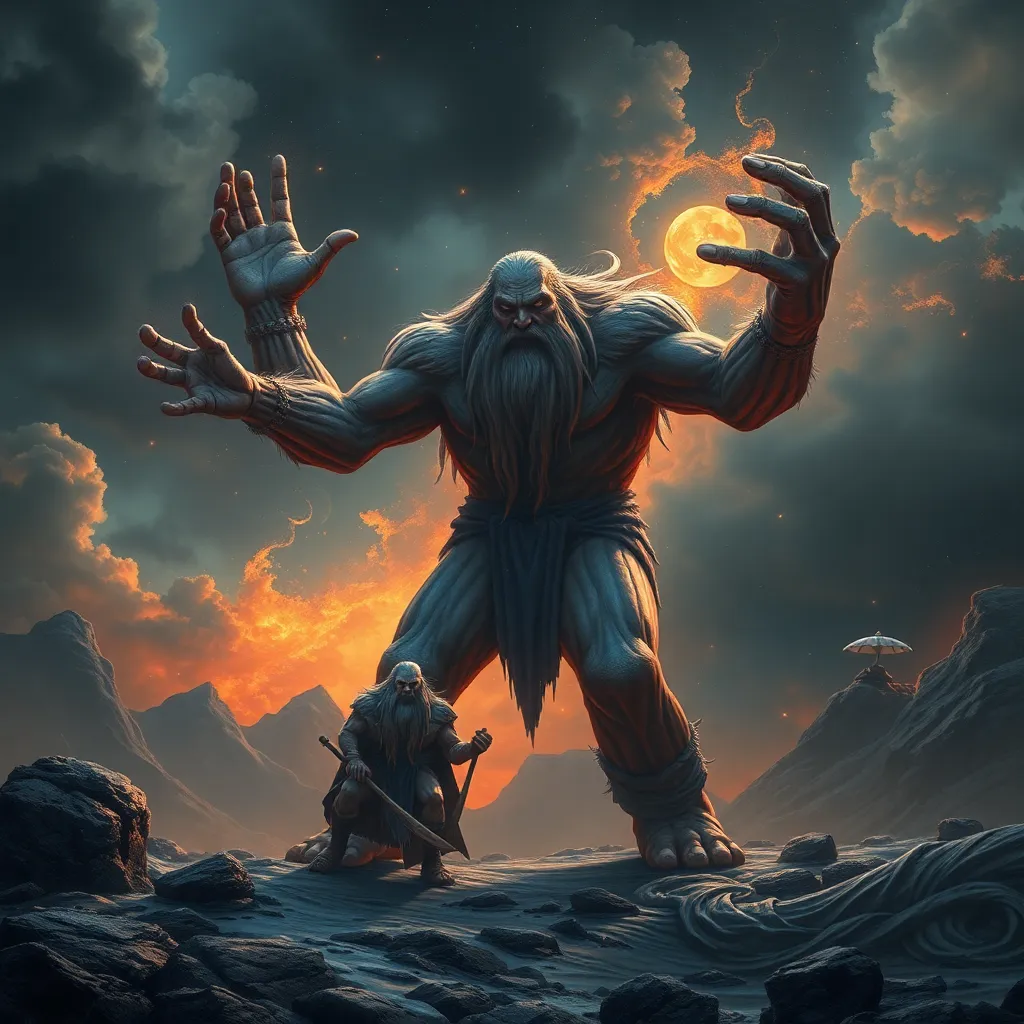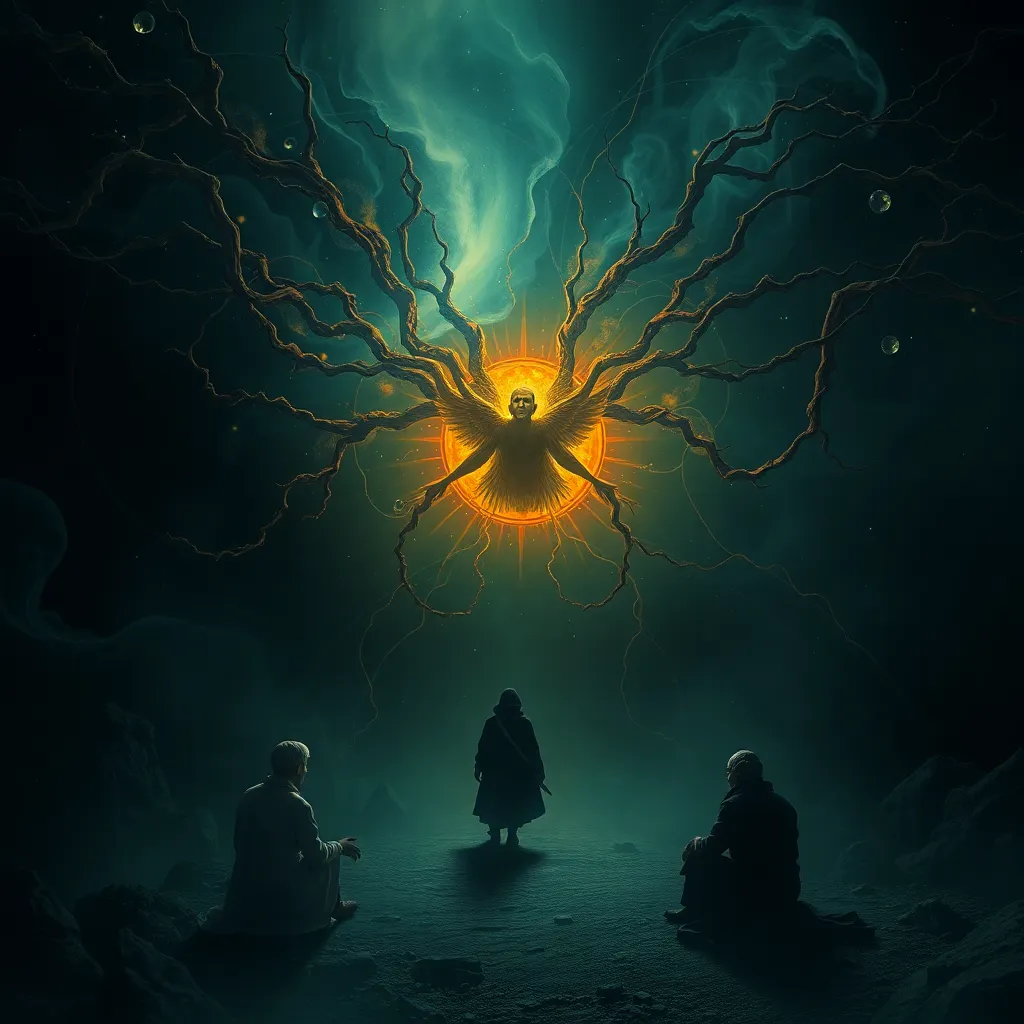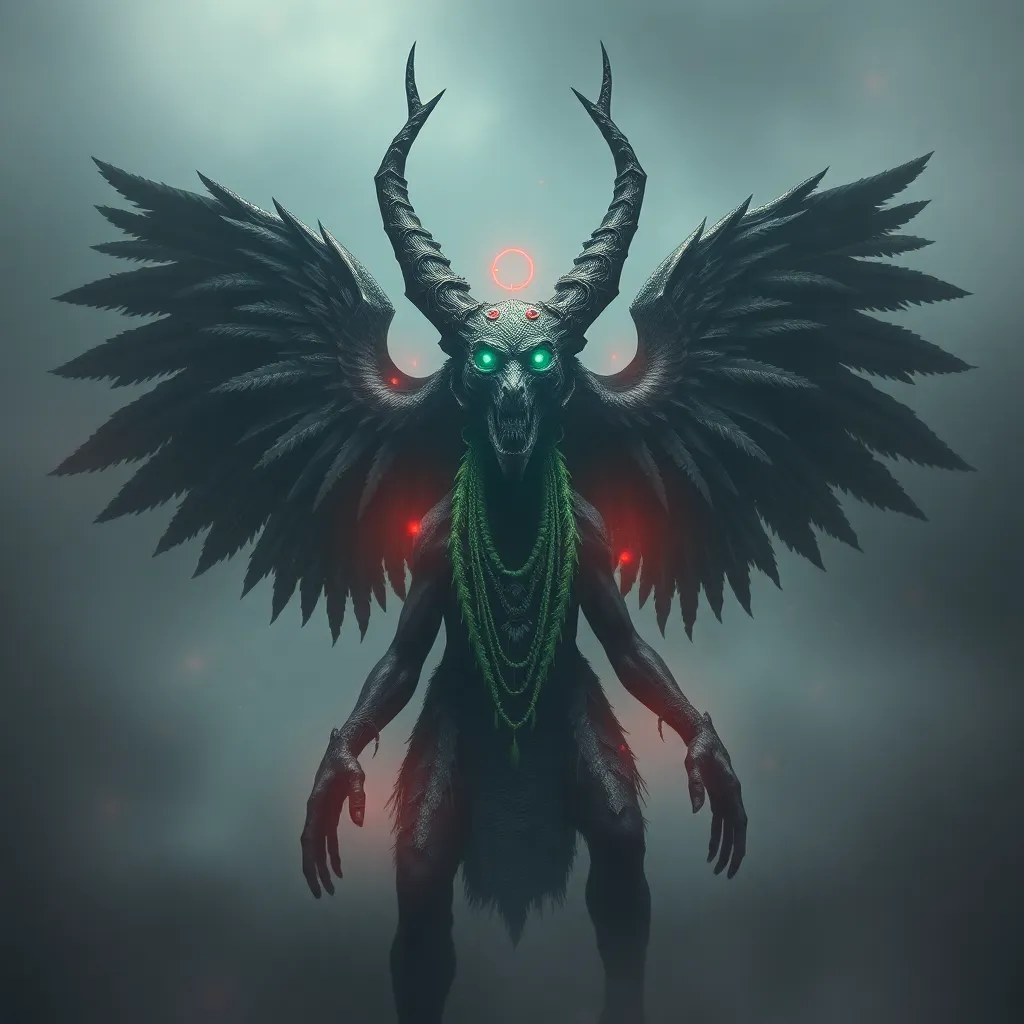The Hundred-Handed Giants and the Concept of the Supernatural: A Psychological Perspective
I. Introduction
The Hundred-Handed Giants, known as the Hecatoncheires, are fascinating figures in ancient mythology, particularly within Greek lore. These colossal beings are characterized by their hundred hands and fifty heads, representing an extraordinary divergence from the typical forms of deities and creatures in mythology.
At the same time, the concept of the supernatural encompasses a wide array of phenomena and entities that transcend the natural world, often embodying powers beyond human comprehension. This article aims to explore the psychological interpretations of the myths surrounding the Hundred-Handed Giants and the broader implications of supernatural beliefs in human culture.
II. The Hundred-Handed Giants: Mythological Background
The origins of the Hundred-Handed Giants can be traced back to ancient texts, particularly Hesiod’s “Theogony.” In this narrative, they are born from Gaia (Earth) and Uranus (Sky), alongside the Titans, and are often depicted as monstrous beings tasked with aiding the Olympian gods in their battles against the Titans.
In Greek mythology, the Hecatoncheires symbolize chaos and raw power, often linked to the tumultuous nature of creation and destruction. Their multi-handedness serves as a powerful symbol of strength and the capacity to handle multiple tasks simultaneously, reflecting the complexity of human experience.
III. The Supernatural in Human Culture
The supernatural is defined as that which exists beyond the natural world and cannot be explained by natural laws. It encompasses a wide variety of beliefs, including gods, spirits, and magical phenomena. Characteristics of the supernatural often include:
- Transcendence of natural laws
- Involvement in human affairs
- Mystery and the unknown
Historically, supernatural beliefs have been a significant part of human culture, serving various functions from explaining the unexplainable to providing comfort in times of uncertainty. Myths and legends play a crucial role in shaping these concepts, as they encapsulate the fears, hopes, and values of the societies from which they originate.
IV. Psychological Interpretations of the Supernatural
Psychologist Carl Jung introduced the idea of archetypes and the collective unconscious, suggesting that myths and supernatural beings are manifestations of universal psychological themes. These archetypes emerge from shared human experiences and represent fundamental aspects of the human psyche.
Myths serve as tools for understanding human psychology, providing a framework for individuals to explore their inner worlds and confront existential fears. Supernatural beings often symbolize challenges and obstacles that one must confront, allowing for personal growth and development.
V. The Hundred-Handed Giants as Psychological Archetypes
Analyzing the Hundred-Handed Giants through a psychological lens reveals their representation of chaos and complexity in human life. Their ability to multitask and manage various challenges reflects the psychological struggle of individuals dealing with modern life’s demands.
Furthermore, the Giants can be seen as metaphors for the human psyche. The multitude of hands symbolizes the different aspects of oneself—emotions, thoughts, and desires—that often conflict and create internal struggles. This complexity can lead to feelings of being overwhelmed, much like the chaos that the Giants embody.
VI. The Interplay Between Myth and Mental Health
Myths have been utilized in therapeutic contexts to help individuals make sense of their experiences and emotions. The Hundred-Handed Giants, with their rich symbolism, can provide insight into personal struggles and coping mechanisms.
For instance, therapists may reference the Giants in discussions about managing overwhelming situations or addressing feelings of inadequacy. Case studies have shown that integrating mythological interpretations into therapy can facilitate deeper understanding and healing.
VII. Cultural Reflections: The Evolution of Supernatural Beliefs
Over time, perceptions of the supernatural have evolved significantly, influenced by advances in science and psychology. Modern psychology has brought a more rational understanding of human behavior, often challenging traditional supernatural explanations.
Despite this, the relevance of the Hundred-Handed Giants endures in contemporary culture. They serve as symbols of resilience in the face of chaos, reflecting the ongoing human struggle to balance various aspects of life.
VIII. Conclusion
In summary, the psychological perspective on the Hundred-Handed Giants and the concept of the supernatural reveals profound insights into human nature. By understanding these myths, we can explore our own psychological landscapes and confront the complexities of our existence.
The importance of myths in psychological contexts cannot be overstated; they provide a narrative through which we can understand ourselves and our place in the world. Ultimately, the Hundred-Handed Giants remain a powerful reminder of the chaos and potential for growth within the human psyche, resonating with modern audiences as we navigate our own multifaceted lives.



